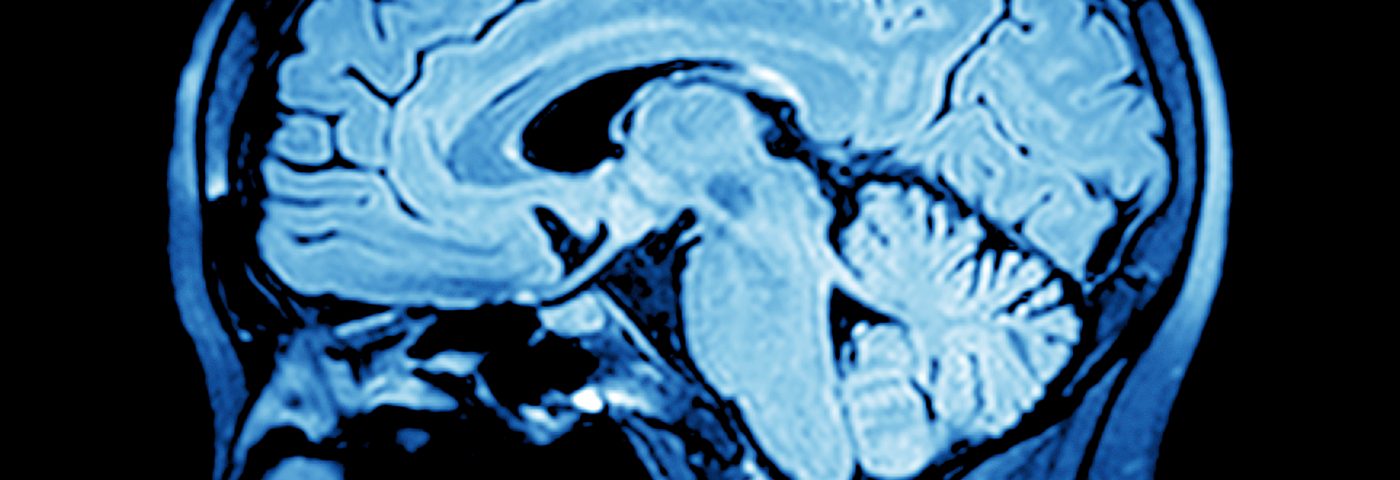UT Southwestern Medical Center researchers found in a recent study that severely obese women have different brain activity compared to lean women when it comes to responding to food cues without being hungry.
The study report, “Brain imaging demonstrates a reduced neural impact of eating in obesity,” was published in the journal Obesity.
Even when not hungry, seeing food or thinking about food can provoke eating. The anticipatory or conditioned responses to food cues, rather than true hunger, affect people differently depending on gender, energy state, menstrual status, and previous associations to those foods or food cues.
Typically, people with inhibitory control of visual urges succeed in maintaining healthy weight. In contrast, people who are obese are more vulnerable to external food-related cues and eat differently than lean people in identical environments.
To investigate functional brain response differences to food in 15 women with a body mass index (BMI) <25 kg/m2 (lean) and 15 women with BMI >35 kg/m2 (severe obesity), the researchers took magnetic resonance images (MRI) of the participants’ brains before and after a meal.
When fasting, brain perfusion did not differ significantly between groups. Both groups had increased activity in the neo- and limbic cortices and midbrain compared with baseline. But after feeding, the lean group showed a significant decrease (15%) in the activation of those brain areas, especially the limbic cortex, while the group with severe obesity showed only a 4% decline.
“Before or after the meal, they’re (severely obese) just as excited about eating,” Dr. Nancy Puzziferri, assistant professor of surgery at UT Southwestern and the senior author of the study, said in a news release. “It seems they have an instinctive drive to keep eating.”
Prior to testing, participants fasted for nine hours. They were asked to rate their level of hunger or fullness, and then their brains were scanned as they viewed pictures of food. Over the next hour, participants were fed a meal. After eating, the women were asked again to rate hunger and fullness and their brains were again scanned while exposed to pictures of food.
Women with severe obesity showed continued “hungry” brain activation, even though they reported the same satisfaction after eating the meal as the lean women.
“These findings may explain why some people with severe obesity report an underlying drive to eat continually despite not feeling hungry,” said Puzziferri, who specializes in bariatric and weight loss surgery. “In contrast, lean women when full will either stop eating or just sample a food they crave. It’s just not a level playing field – it’s harder for some people to maintain a healthy weight than others.”
Obese women taking part in the study weighed 202–316 pounds and were bariatric surgery candidates. The research team is following the study participants after surgery to see if their brain activation patterns change.


